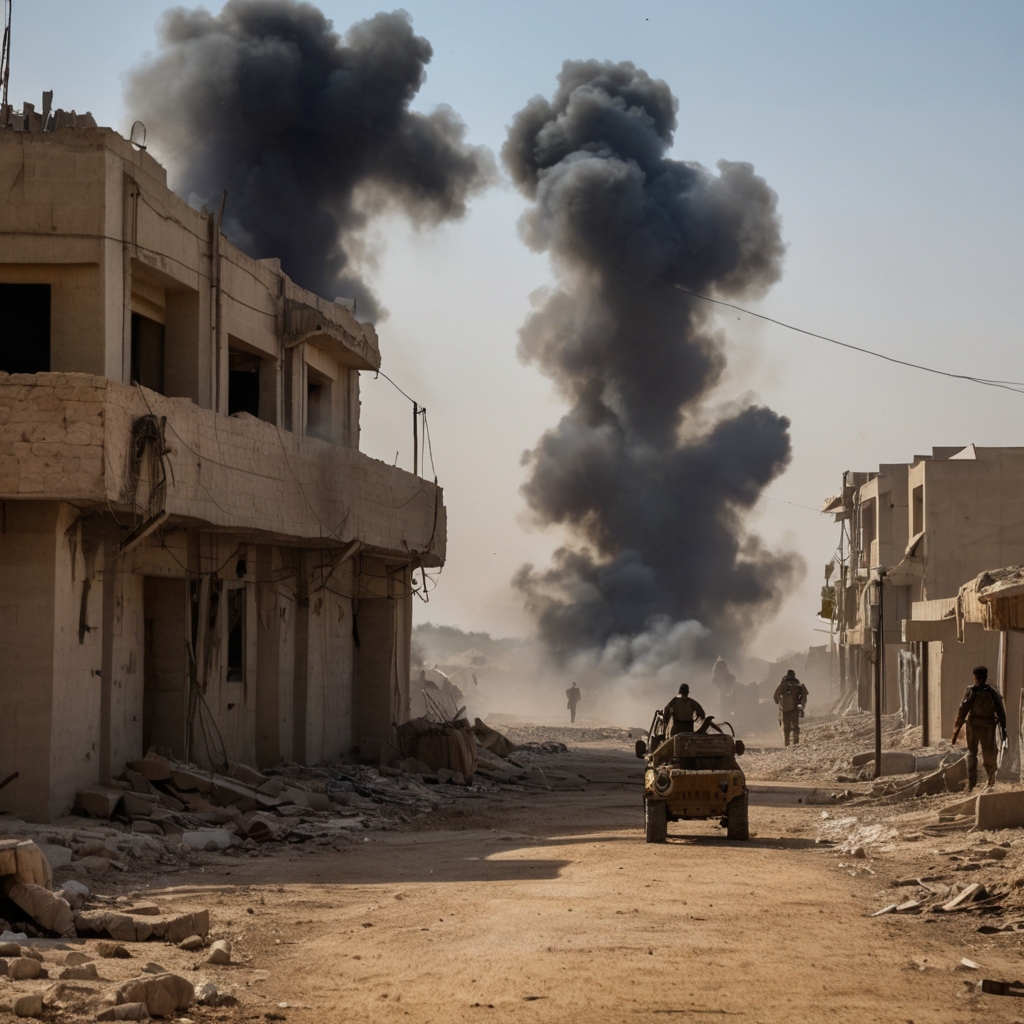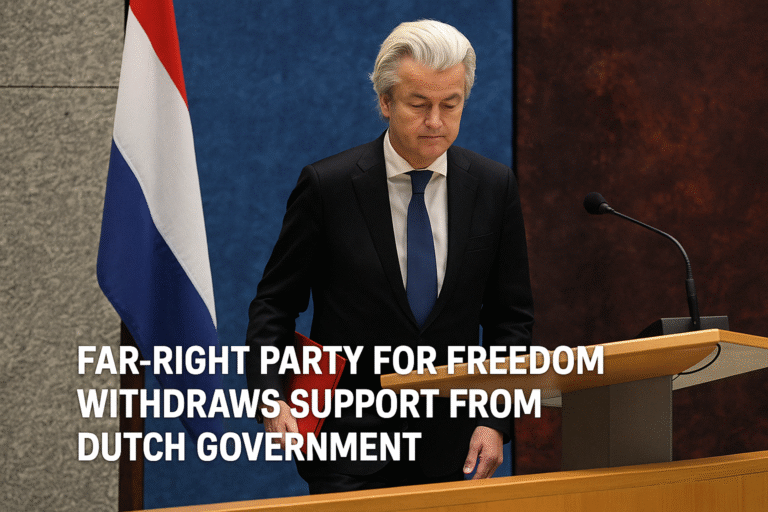
Source: BBC
https://www.bbc.com/news/articles/cm2e44y44gjo
Israel has begun calling up tens of thousands of reservists to intensify and expand its military operation in Gaza, aiming to free hostages and defeat Hamas. The Israeli army plans to operate in new areas and destroy Hamas infrastructure both above and below ground. This comes amid criticism over the offensive’s failure to secure the hostages’ release and skepticism about Prime Minister Netanyahu’s true objectives. No hostages have been freed since fighting resumed in March, and negotiations for a new ceasefire have stalled. Humanitarian groups warn of a worsening crisis, accusing Israel of using starvation as a weapon—a charge Israel denies. The move adds strain to repeatedly deployed reservists and heightens pressure from hostage families, who argue that only a negotiated deal can save their loved ones. Nearly 19 months into the conflict, Netanyahu has yet to present a post-war plan, fueling further domestic and international criticism.
Analysis: Israel’s Renewed Gaza Offensive and Its Political, Social, and Legal Implications (May 2025)
1. Political Rhetoric and the Justification of Force
The IDF declared that it would “intensify and expand” its operations in Gaza in order to “increase the pressure” to secure the return of hostages and “defeat Hamas militants.” This type of framing—presenting military escalation as both a moral imperative and a security necessity—is a classical form of rhetorical legitimation. It invokes a dual logic: the duty to protect citizens and the right to eliminate a declared enemy.
By using absolutist expressions like “destroy all infrastructure above and below ground,” the Israeli military narrative shifts toward total war rhetoric, where distinctions between combatants, territory, and civilian life become blurred.
Analytical category: Political rhetoric – Enemy construction and moral legitimization of violence.
2. Leadership Crisis and Strategic Ambiguity
Criticism is growing over the government’s intentions, as the article notes: “Critics say the recent military offensive… has failed to guarantee the release of captives, and question Prime Minister Benjamin Netanyahu’s objectives in the conflict.” The fact that “almost 19 months into the war, he has not presented a day-after plan” adds to the sense of strategic ambiguity, or even political manipulation.
This aligns with patterns of crisis governance, where ongoing states of emergency enable leaders to avoid accountability and delay difficult post-conflict decisions.
Analytical category: Political leadership – Crisis management and indefinite conflict.
3. Humanitarian Law and Allegations of War Crimes
The article states that “aid agencies… have reported acute shortages of food, water and medicines,” and that they “have said this was a policy of starvation that could amount to a war crime.” Although Israel “rejects” these allegations, the very framing of humanitarian blockades as a military tactic raises critical questions about international law and the ethics of siege warfare.
This invites scrutiny under the Geneva Conventions and supports the analysis of starvation as a method of warfare, a possible violation of international humanitarian law.
Analytical category: International humanitarian law – Civilian targeting and legal accountability.
4. Social Exhaustion and Military Overstretch
The report notes that the expanded offensive “will put more pressure on exhausted reservists, some of whom have been drafted five or six times since the war started.” This highlights the human cost of protracted conflict not only on the civilian population but also on Israeli society and military morale.
The continual redeployment reflects broader dynamics of militarized society, where long-term conflicts erode the psychological resilience and social cohesion of the home front.
Analytical category: Social psychology of war – Combat fatigue and conscription fatigue.
5. Failed Diplomacy and Militarization of Policy
Despite efforts, “international negotiations have failed to reach a new deal for a ceasefire and the release of the remaining 59 hostages.” Moreover, “no Israeli hostages have been released since Israel resumed its offensive on 18 March.” This suggests that the use of military pressure has not yielded diplomatic results.
Instead of serving as a leverage point, the ongoing offensive appears to represent a reversion to force in the absence of political alternatives, exposing the limits of military strategy when decoupled from coherent diplomatic planning.
Analytical category: Geopolitics – Militarization of diplomacy and negotiation breakdown.
6. Gaza as a Space of Exceptionalism and Systemic Displacement
The article observes that “Israel has seized large areas of Gaza, displacing hundreds of thousands of Gazans again.” Repeated cycles of displacement create a structural reality of statelessness and humanitarian precarity.
This aligns with Giorgio Agamben’s concept of the “state of exception,” where Gaza operates as a zone where legal protections are systematically suspended, and populations are rendered vulnerable not just by war, but by governance through crisis.
Analytical category: Biopolitics – Displacement, exception, and systematic precarity.
7. Domestic Pressure from Hostage Families and Civil Society
The families of hostages, the article notes, “have urged the government to reach a deal with Hamas, saying this is the only way to save those who are still alive.” They also “accuse Netanyahu of sabotaging negotiations for a deal, and of prolonging the war for political purposes.” These critiques point to the growing divergence between the government’s military calculus and the civilian demand for resolution.
This represents a civil society rupture, where families and grassroots actors contest the government’s monopoly over moral authority and strategic judgment.
Analytical category: Civil-military relations – Public dissent and the politics of hostage diplomacy.



